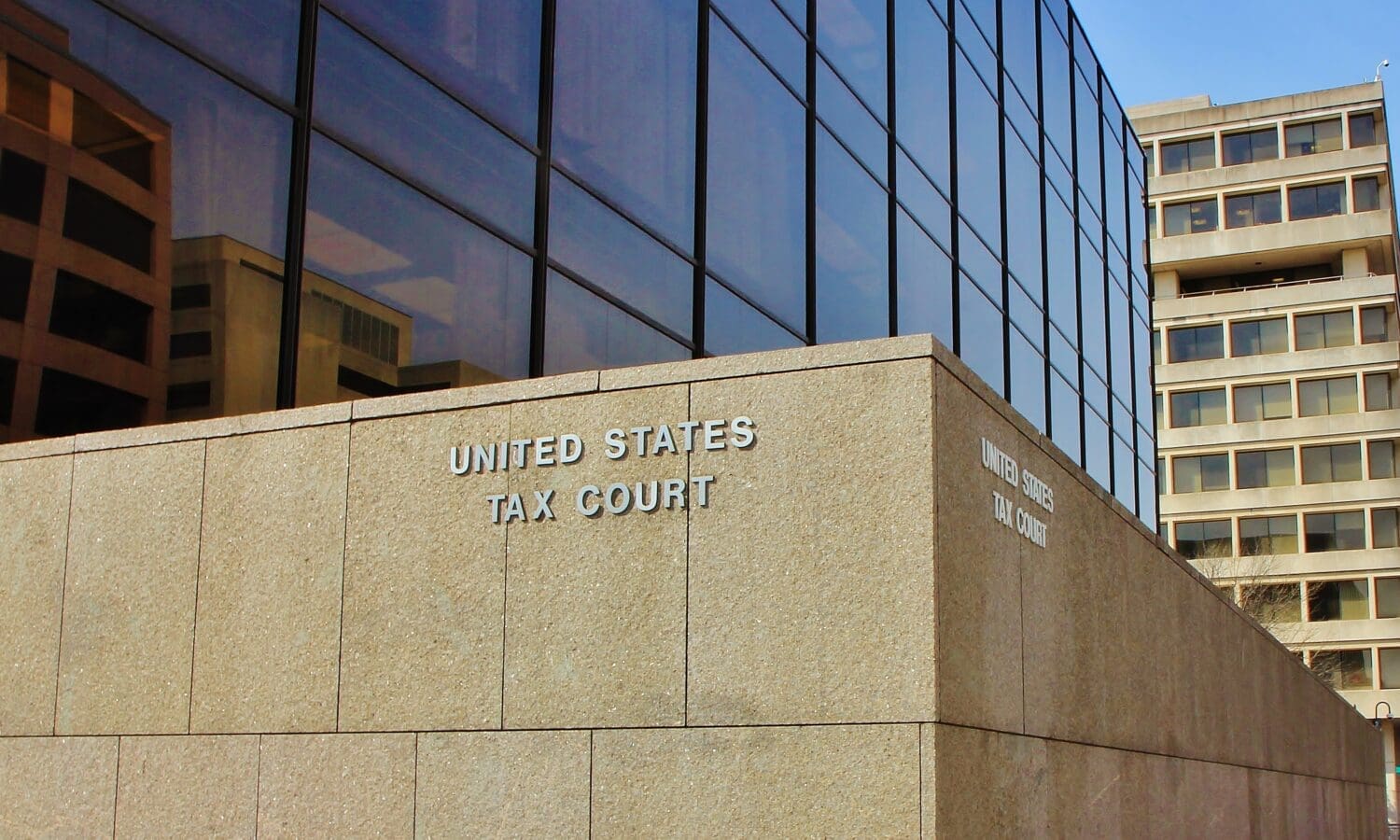
Innocent Spouse Relief in Maryland and Washington DC
 Innocent Spouse Relief addresses the potential release tax liability of an individual spouse when they content that only their spouse is liable for the debt. When spouses file a joint tax return they are jointly and severally liable for the tax debt. Therefore, the Internal Revenue Service (IRS), Comptroller of Maryland, District of Columbia Office of Tax and Revenue and other state taxing agencies can collect the debt from either party or the parties jointly. The parties are liable for the debt even if the debt is caused by only one party’s income or one party’s failure to properly report their income or deductions leading to an assessment of a joint additional tax. Each party is liable for the debt even if they divorce regardless of the wording of the separation agreement the Internal Revenue Service, Comptroller of Maryland, District of Columbia Office of Tax and Revenue and other state taxing agencies will still collect from either party the joint tax debt.
Innocent Spouse Relief addresses the potential release tax liability of an individual spouse when they content that only their spouse is liable for the debt. When spouses file a joint tax return they are jointly and severally liable for the tax debt. Therefore, the Internal Revenue Service (IRS), Comptroller of Maryland, District of Columbia Office of Tax and Revenue and other state taxing agencies can collect the debt from either party or the parties jointly. The parties are liable for the debt even if the debt is caused by only one party’s income or one party’s failure to properly report their income or deductions leading to an assessment of a joint additional tax. Each party is liable for the debt even if they divorce regardless of the wording of the separation agreement the Internal Revenue Service, Comptroller of Maryland, District of Columbia Office of Tax and Revenue and other state taxing agencies will still collect from either party the joint tax debt.
When a joint liability occurs, and the liability is the result of only one spouse’s tax issues the spouse who did not cause the tax issues can request innocent spouse tax relief. There are certain requirements that must be met in order to qualify for innocent spouse relief. The requirements are different for the three different types of innocent spouse relief.
 Innocent spouse relief can be requested by a taxpayer when they believe that they are not liable for the debt and that only their spouse is liable for the debt. Innocent spouse relief can relieve one party from a joint debt if the taxing agency determines that they are not liable. There are three types of spouse relief. The first type of innocent spouse relief is a general spouse relief. The requirement is (1) a joint tax return was filed; (2) there was an understatement of the tax results that are attributable to one spouse; (3) the spouse requesting relief did not know of have any reason to know about the understatement; (4) it would be inequitable to hold the non-liable spouse liable for the tax liability. The second type of spouse relief is similar to the first, but the parties are divorced, legally separated or been living apart for twelve months prior to making the request for innocent spouse relief and at the time the joint return was signed, the non-liable spouse did not have knowledge of the issues raising the deficiency. The third type of innocent spouse relief is equitable relief where the spouse does not qualify for either of the first two types of relief, but it would be considered inequitable to hold the non-liable spouse liable for the debt.
Innocent spouse relief can be requested by a taxpayer when they believe that they are not liable for the debt and that only their spouse is liable for the debt. Innocent spouse relief can relieve one party from a joint debt if the taxing agency determines that they are not liable. There are three types of spouse relief. The first type of innocent spouse relief is a general spouse relief. The requirement is (1) a joint tax return was filed; (2) there was an understatement of the tax results that are attributable to one spouse; (3) the spouse requesting relief did not know of have any reason to know about the understatement; (4) it would be inequitable to hold the non-liable spouse liable for the tax liability. The second type of spouse relief is similar to the first, but the parties are divorced, legally separated or been living apart for twelve months prior to making the request for innocent spouse relief and at the time the joint return was signed, the non-liable spouse did not have knowledge of the issues raising the deficiency. The third type of innocent spouse relief is equitable relief where the spouse does not qualify for either of the first two types of relief, but it would be considered inequitable to hold the non-liable spouse liable for the debt.
When innocent spouse relief is granted the liability is solely that of one spouse as determined by the IRS, Comptroller of Maryland, District of Columbia Office of Tax and Revenue or other state taxing agencies. This allows the innocent spouse to protect their income, future refunds and assets.
 Longman & Van Grack’s Tax Attorneys regularly represent clients in many different tax matters, tax audits, partnership audits, spouse relief matters, and are very familiar with the IRS tax rules. While our attorneys focus the practice in Maryland, Virginia, and Washington DC, our tax attorneys address IRS tax matters and audits in all jurisdictions. Our firm have multiple attorneys who are admitted to practice in the United States Tax Court and regularly practice before the IRS. Robb Longman regularly assists clients in IRS and various tax matters. If you would like to contact Robb or one of our tax attorneys, you can reach us at (301) 291-5027 and schedule a consultation at our Maryland (Rockville or Bethesda), Washington DC, or Virginia Offices.
Longman & Van Grack’s Tax Attorneys regularly represent clients in many different tax matters, tax audits, partnership audits, spouse relief matters, and are very familiar with the IRS tax rules. While our attorneys focus the practice in Maryland, Virginia, and Washington DC, our tax attorneys address IRS tax matters and audits in all jurisdictions. Our firm have multiple attorneys who are admitted to practice in the United States Tax Court and regularly practice before the IRS. Robb Longman regularly assists clients in IRS and various tax matters. If you would like to contact Robb or one of our tax attorneys, you can reach us at (301) 291-5027 and schedule a consultation at our Maryland (Rockville or Bethesda), Washington DC, or Virginia Offices.
